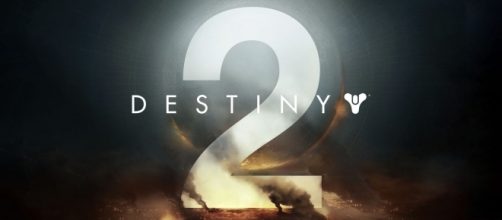Microtransactions have always been a point of debate in modern gaming. The issue started with browser games, and went into the full blast with the advent of mobile gaming. Suddenly, games like "Candy Crush," "Farmville," or "Clash of Clans" thrived with controlled cash purchases that seemed to do little harm. People thought they were just spending spare change until they add it all up and realize they spent too much.
A step back from the original shader formula
While news of microtransactions ruining games are now few and far between, one well-known title is now suffering from its consequences: Bungie's "Destiny 2."
"Destiny 2" is one of the most anticipated online games of the year.
Mostly because the original was a successful one, and fans expect that this sequel will be an overall improvement of the game. However, not even 48 hours after its release, players noticed a little detail that changed: Shaders are now one-time use. To understand the implications of this, we must understand how shaders work. Shaders, put simply, do nothing in the game but change the overall color of the armor and weapons.
In the first game, one shader item was for unlimited use. Meaning that once you have shaders, you are free to use them to change colors an infinite amount of times. This gives players some level of control over their appearance, as long as they have the item.
However, shaders in "Destiny 2" do not work that way.
As mentioned, they are now one-time consumable items. Meaning that if you use it, you lose it. You cannot change into that shader again at will, unless you get your hands on another identical one.
Of course, you can always get more shaders, but there lies the dissent. You either spend a long time playing to get shaders for free, or you pay real money to get them quickly. Naturally, this upset a lot of players. There are some who even say that they will refuse to play the game if the company does not revert to the old shader system.
Another 'Dungeon Keeper'?
The discussion of whether microtransactions are reasonable business models got so concerning that it made or broke games. The ridiculous waiting system used by the mobile remake of "Dungeon Keeper" is an extreme example.
Fans hated that game for turning the beloved dungeon-builder into nothing but a messy cash-grab.
Still, there are reasonable systems that keep real-money interference fair and balanced. The grand strategy browser title "Illyriad" is a good example. In terms of gameplay, no real advantage is gained by spending money. Real money in "Illyriad" mostly affected cosmetic and quality-of-life features.


